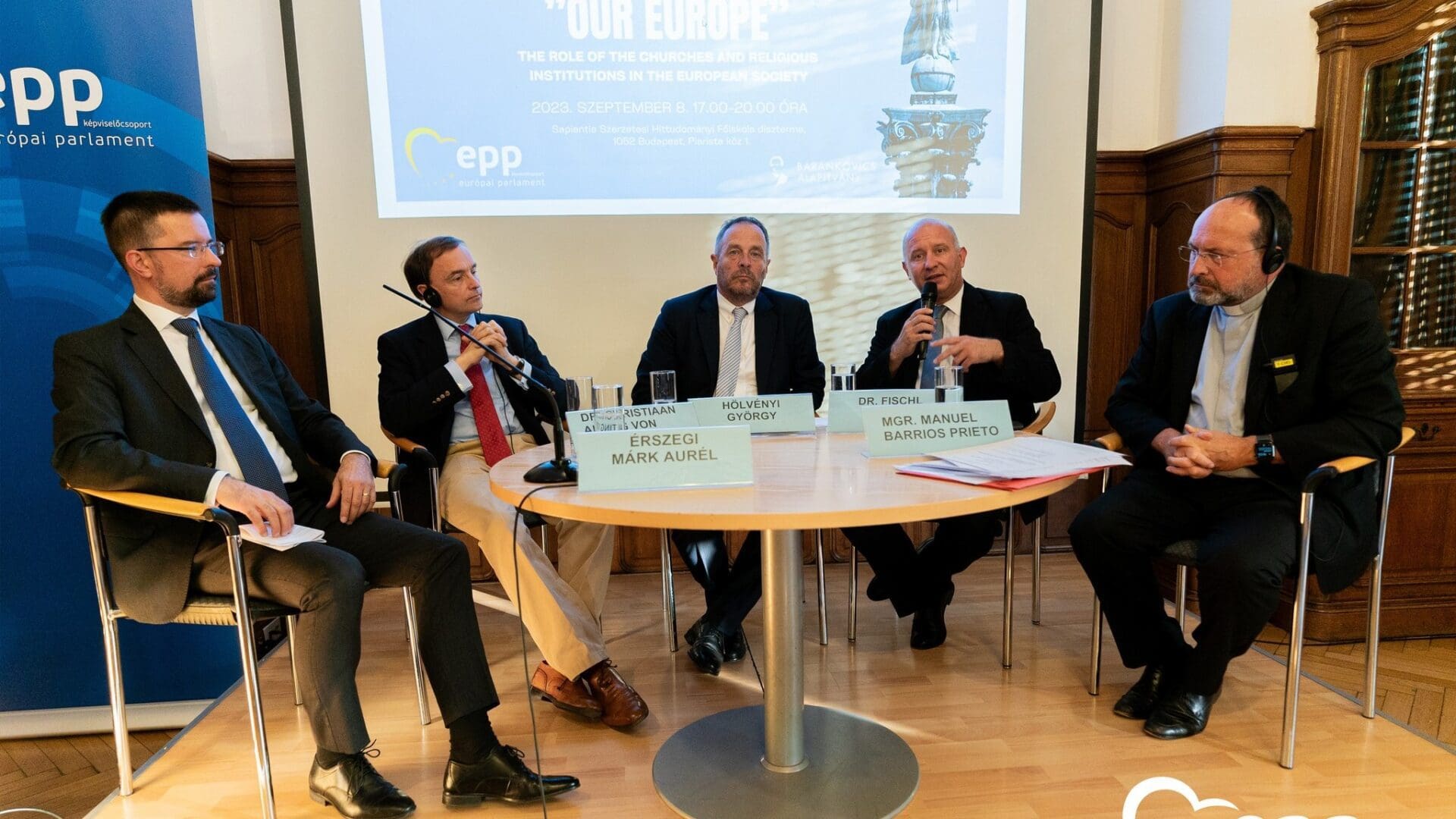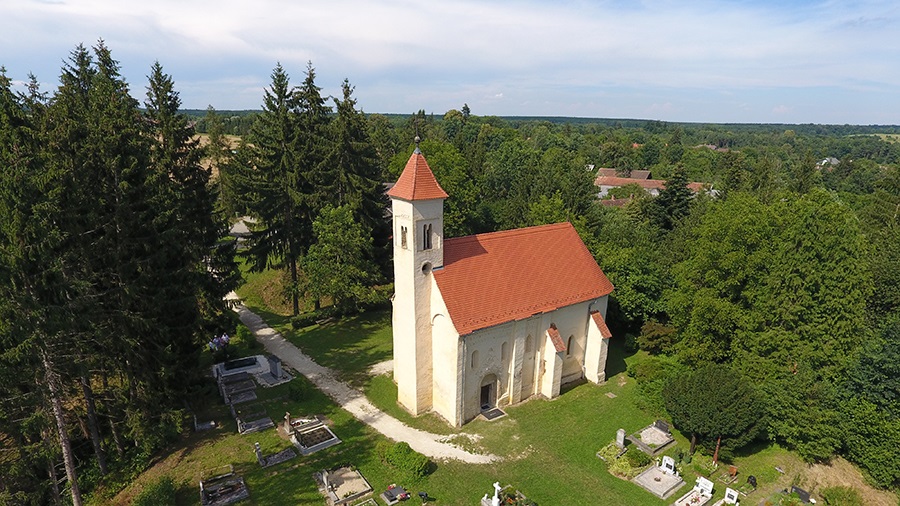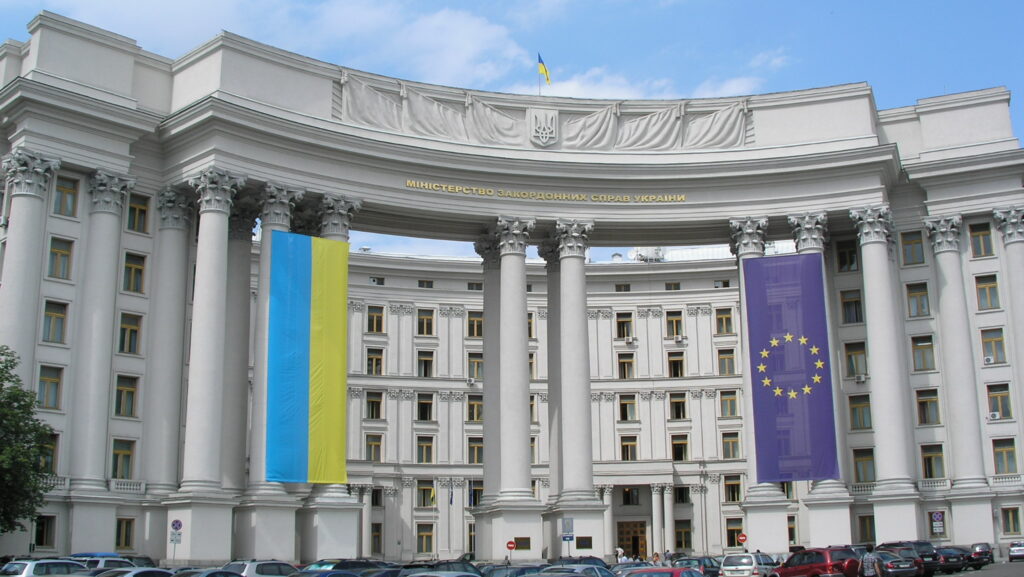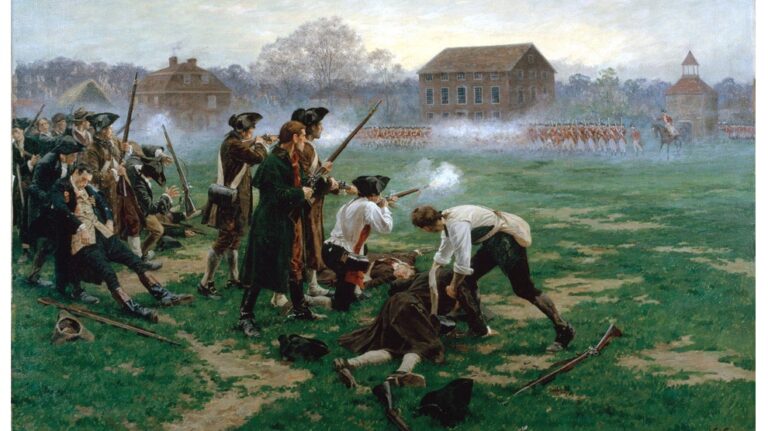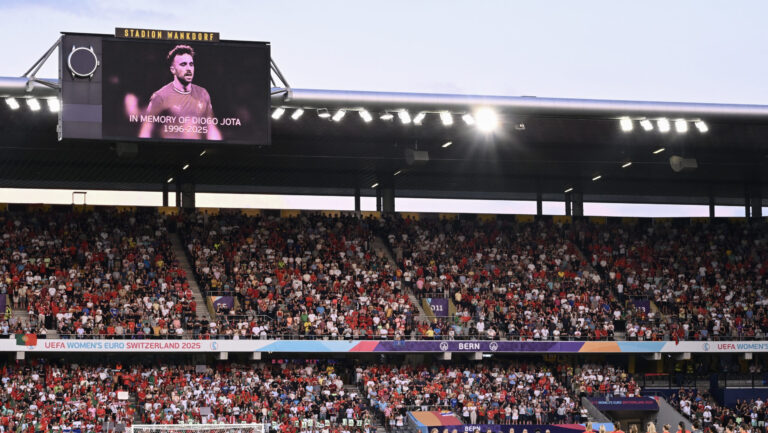‘Europe has amnesia, so Europe needs to rediscover the values of its past to enrich the present,’ Christian Democratic People’s Party (KDNP) MEP György Hölvényi stated at a panel discussion titled ‘The Role of Churches and Religious Institutions in European Society’ at the Sapientia College of Theology of Religious Orders in Budapest, sponsored by the European People’s Party.
The 8 September discussion, which was the first in the series titled ‘Our Europe’ organized by MEP Hölvényi, featured guest speakers Dr Christiaan Alting von Geusau, the President of the International Catholic Legislators’ Network based in Vienna, Fr Manuel Barrios Prieto, the Secretary-General of the Council of the Bishops’ Conferences of the European Union, and Dr Vilmos Fischl, the Secretary-General of the Ecumenical Council of Churches in Hungary. The discussion was moderated by Vatican expert Márk Aurél Érszegi. The event was attended by young participants from France, Nagyvárad (Oradea, Romania) and Budapest through the Erasmus+ programme.
In his introduction, Hölvényi emphasized that in recent years, the COVID-19 pandemic and wars have weakened people’s faith and religiosity. Rebuilding and strengthening faith this will take many years of work, but he stressed that change must always start from within.
Reflecting on the importance of a European identity, Christiaan Alting von Geusau, the Dutch-born President of the International Catholic Legislators’ Network (ICLN), underscored how he could not imagine his life without a united Europe, as he currently resides in Austria, and his family speaks Dutch, German, English, and Spanish. In terms of what the primary tasks of the Church are, he opined that they are spreading the gospel, administering the sacraments, and performing charitable work. It is those tasks that define its role in today’s society in Hungary and Europe, he stressed.
‘It is important to emphasize the role of religious institutions because they shape Europe. We need to acknowledge the presence of Muslim communities [as well] and consider how different religions can coexist in Europe,’ Vilmos Fischl added. He explained that it is the people who shape European values and their development. Dialogue between civil society, the churches and politicians is fundamental, but the former must learn how to communicate their messages to politicians so that they understand them, he offered.
According to Hölvényi, in the 21st century, politicians can hardly claim that there is a diminishing role of religion. At the same time, the utilization of religion in politics is a very dangerous operation, he added. Manuel Barrios Prieto argued that the key to preventing that is a dialogue between European institutions and the Catholic Church. Christiaan Alting von Geusau agreed with the other two panellists, remarking, however, that in his view, in the last century the Catholic Church made mistakes in education by not making stronger efforts to spread the gospel, and that needs to change for the sake of the future of Europe.
During the Q&A, responding to whether Christian democratic parties genuinely stand up for the values of the Church in their work, Hölvényi said: ‘There is a very determined Christian democratic minority that does everything to promote Christian values. But we must admit that this minority is under constant siege.’ Regarding next year’s European elections, Hölvényi opined that ‘we can see the end of Europe’s adolescent rebellion against its own values,’ so there is a good chance that there will be a returning to these values across the political spectrum. ‘Normality doesn’t seem to be a dirty word anymore, as it was a few years ago,’ said the MEP, who believes that this process is happening among young people as well.
Related articles:

